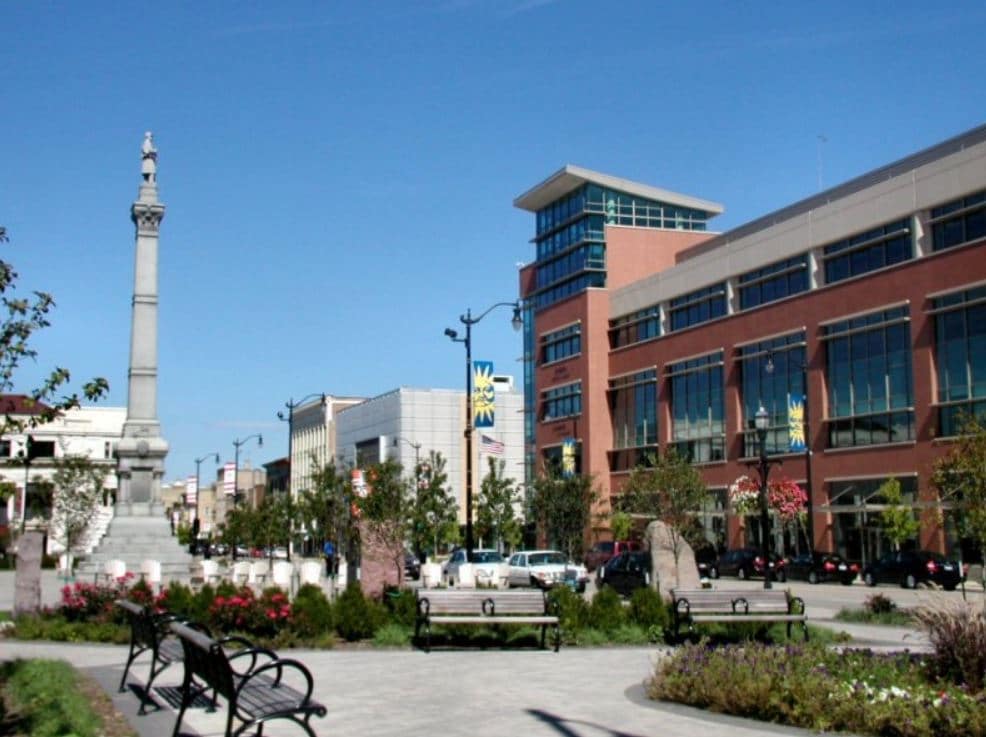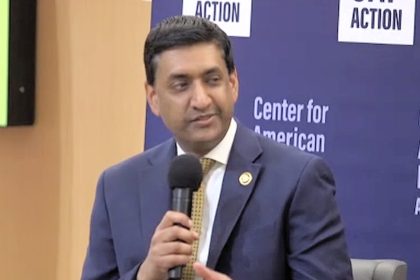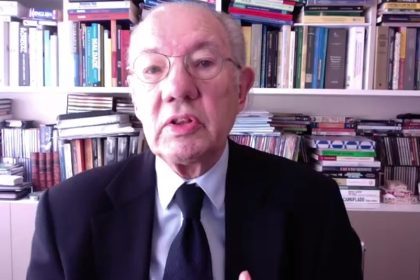Brooking Institution Explores Connections Between Race, Social Capital, and Vanishing Economic Mobility

The Brooking Institution’s How We Rise project last week presented the results from its study on the role of social networks and geography in economic mobility, offering data on this important factor for those attempting to understand or improve opportunities for social advancement in the US.
Research, such as this 2015 Pew report, has shown that upward mobility in the US is declining. Often cited projects like Opportunity Insights show a steep fall in the number of children who earn more household income than their parents over the past half century, particularly for the middle class.
According to the authors of the recent Brookings paper, a critical factor to upward mobility is the “access to support, information, power, and resources” inherent to interpersonal relationships found in family, friends, and colleagues. It is the access to these opportunities which is so often connected to the concept of the American dream, a dream in which circumstances of birth don’t define economic outcomes.
Brooking’s How We Rise project is a part of its Race, Prosperity, and Inclusion Initiative, which seeks to offer policy solutions that “combat systemic racism and build a more equitable society.” Camille Busette, a former executive from the World Bank, directs the program.
The paper intended to compare social networking tendencies across a few American cities in order to create a bed of data on which future policy platforms can rest.
It inspected three American cities with different rates of economic mobility based on surveys with 254 participants between May and July of last year: Racine, Wis., Washington, DC, and San Francisco, Calif.
Racine, the smallest city on the list, represented the profile with the least amount of economic mobility of the three cities (and the smallest population of Blacks). In contrast, San Francisco represented relatively high economic mobility and Washington, DC, represented moderate mobility. The researchers built and analyzed profiles of the respondents as well as who they had reached out to for help in education, housing, or jobs.
The full report can be read here.
The paper suggests a consistent difference in access to interpersonal networks across race, a sort of loose segregation of “social capital”, which may help to pinpoint some of the differences in upward mobility across the country which have been noted over the last few years.
Among the specific conclusions of the paper were:
- Race was the most consistent and important factor that distinguished networks.
- In Racine and Washington, the low and moderate economic mobility cities, race and gender were the two most important factors for categorizing economic mobility.
- In San Francisco, it was race and individual income (above or below $50,000 annual salary) that most accounted for differences.
- Black males tended to have smaller networks.
- Relative to the areas of interest for this study– education, jobs, and housing– Whites in all three cities had the most racially homogeneous networks.
- In DC, particularly, White male networks were remarkably segregated, resting at about 97% racially homogenous.
Racine was the city with the least economic mobility. Economic opportunities for Black males in Racine drag considerably behind other cities in the US, according to factors such as household income as tracked by the Opportunity Index. The city was named as the second worst city for African Americans to live in a 2019 24/7 Wall St. report, which made its determination based on analysis of racial disparity.
Maurice Horton, who is the alderman for District 7 on the northwest side of Racine, emphasized a lack of trust and knowledge, particularly among the Black males in that community as an important factor, during a phone interview.
“I think it’s just awareness of the opportunities that are going on, and then there’s the issue of trust in the African American community and other [marginalized] races,” Alderman Horton said.
Racine itself is a small city, with a population of about 80,000, which means that people tend to know each other and where government officials are reachable, Horton said. But even still, it can be hard for people to become connected to the resources and opportunities in the town, he added.
He drew attention to the fact that the Brookings paper showed that social networking is particularly low among African American males in Racine. In contrast, social networking among White men was comparatively high, and this is visible at the networking events, he said.
“At a big event, you might have no more than five to six African American men there that are working in the areas where their counterparts are working.”
The Brookings report recommends a trio of legislative commitments that it claims would improve mobility across all three disparate mobility profiles: honest engagement with racial dynamics, collaborative efforts across racial lines with an identified accountability for equity goals, and, finally, a focus on areas with the greatest potential for equity gains in the next three to five years.























